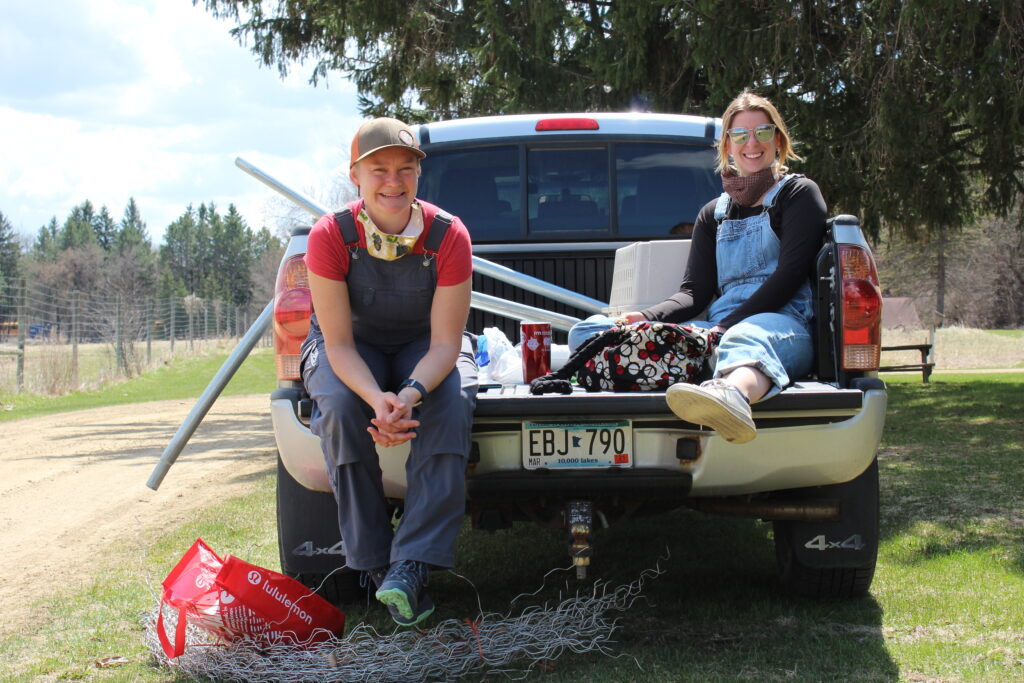
When you meet Heather and Marisa it’s surprising their small farm business was just a dream until only a year ago. In addition to vegetable shares, Moshky Farm has offered soil regenerative landscaping services and a unique experience to “drink the farm” through cocktail shares. With every growing decision they make, Heather and Marisa prioritize growing in harmony with the earth’s natural systems.
Heather Drake
Heather, a mechanic geek, was born and raised in Zimbabwe. She began communal farming at a very young age, which fed her deep interest in learning about the biodiversity of the surrounding landscape. She would work and learn in the fields with family and friends and grow up with the message that seeds are the key to a full life and our true legacy. Heather was influenced greatly by her father, who was a doctor. She remembers how creative he was in the way he used plants to heal people and she herself grew a passion for the connection between health and plants. When her family moved to Minnesota, Heather had plans to become a doctor, as well, but she found her true calling in the soil and went on to study Horticulture. It was from there that she fell in love with organic farming. That was 12 years ago.
Marisa Benasutti
Marisa’s love for farming came later in life, once she got to feel the sunshine and eat tomatoes straight from the plant. She grew up in Minneapolis, born and raised by a big, loud, Italian family who loves to eat. Yet, Marisa recalls feeling disconnected from her food and the land – a sentiment that many of us urbanites can relate to. Thinking she would go into advocacy work, Marisa designed her own major in Food Policy and Sustainable Agriculture at Augsburg University. In 2016, Marisa started an internship at Dream of Wild Health.
When Two Worlds Collide…
Heather was managing the farm at Dream of Wild Health when Marisa began her internship. The two spent “millions of hours together in the field, getting to know one another, and dreaming and talking about a lot of ideas.” At the time, the two rounded out an all-female farm team. Whenever it came time for lunch, this group of women would gather whatever extras they could glean from the fields, mix it all together, and make a beautiful dish. They called their creations “Moshky” to represent a collision of different things coming together to create something beautiful. This term would later become the identity of the farm enterprise Heather and Marisa dreamed about.
Moshky Farm – The Beginning
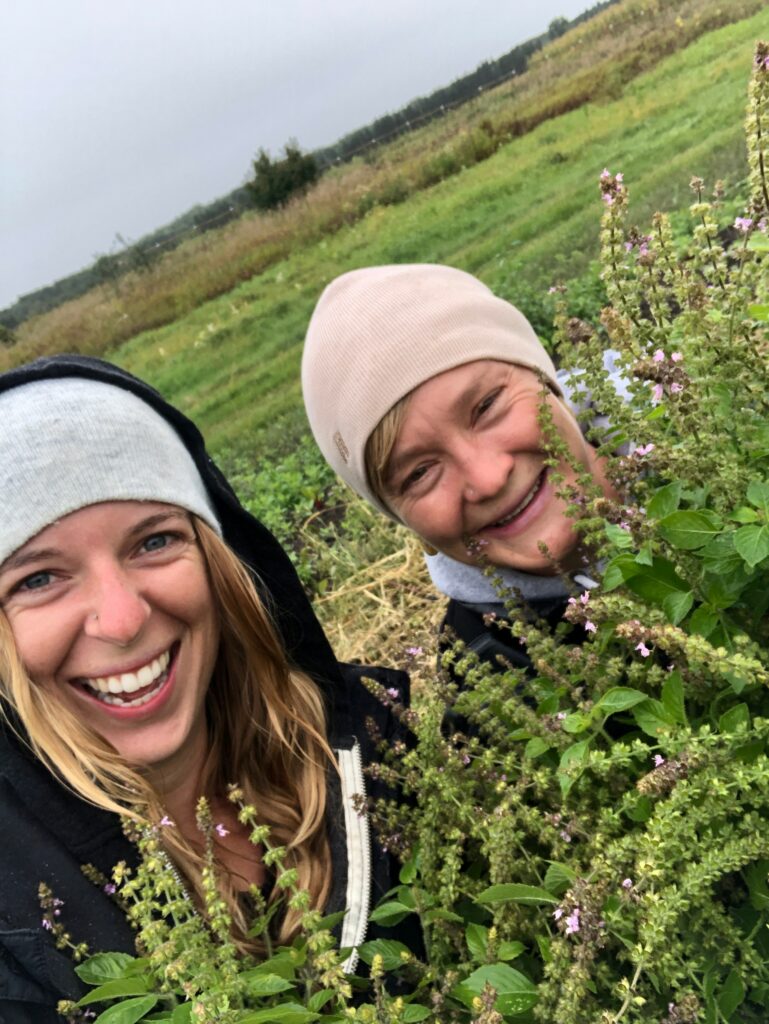
Heather and Marisa officially launched Moshky Farm in January 2020 – just months before the COVID-19 pandemic, but their journey to even that point had been littered with road blocks, simply due to the fact they are women. It had taken some time for Heather to gain credibility in the farming and tractor world she had been working in for a number of years. Whenever she tried to seek farming advice , she was often ridiculed with responses like “well you’re a woman, but…” and “that’s unusual – you don’t really see women running the farm.”
Marisa also had a number of her own similar experiences as a budding small business owner.
“It’s not a secret that farming is financially challenging…as women, we have been largely excluded from talking about money and finances.”
But among all the amazing things these entrepreneurs can do well, it’s moshky! Marisa reflects on what it was like to begin farming on their own as so many small businesses were beginning to disappear during the pandemic. “Everything felt like it was happening so fast, but took four times as long. We couldn’t just walk into a bank one afternoon and set up a new business account. We had to make back-and-forth phone calls and rely on a scanner and emails to complete all of our legal documents. This all seems normal now because we’ve all learned to adapt, but learning to navigate this process along with the uncertainty of markets felt like a lot in the beginning.”
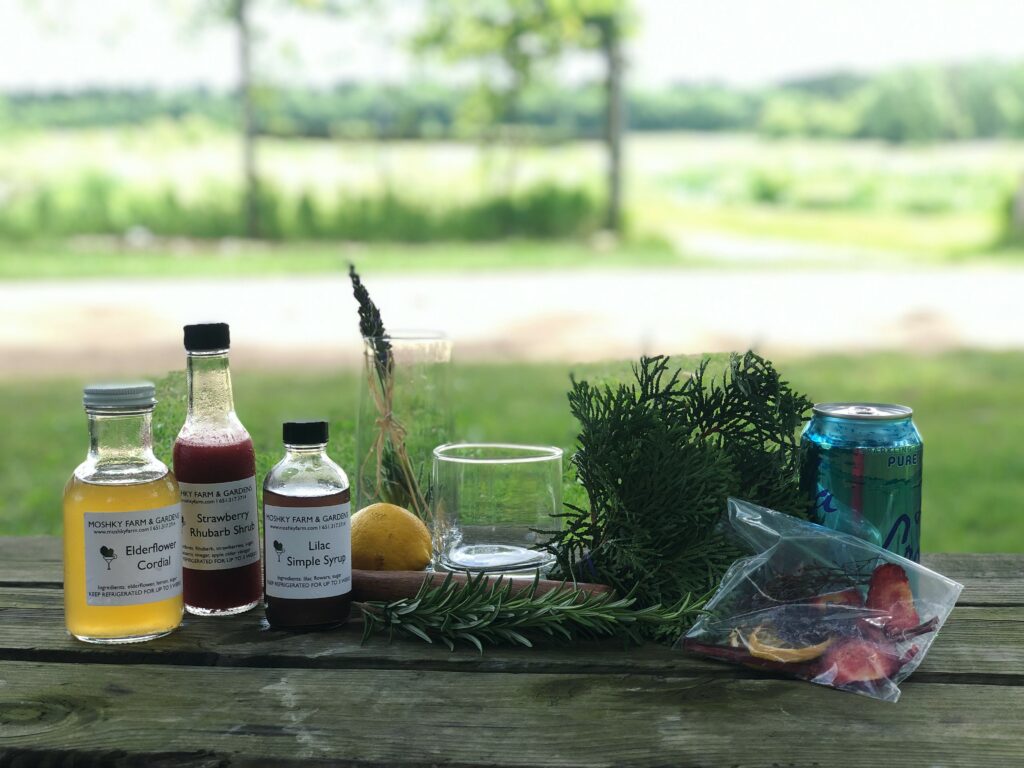
To diversify their business model, they offered landscaping and introduced a cocktail share along with their main product – vegetable shares. “Cocktail shares brought in income and brought people together in a cool and meaningful way. It’s a unique opportunity – drinking the farm,” says Heather. Marisa adds, “and as more and more people began to learn and value local, our sales skyrocketed!”
Moshky Farm – Today
With their collective knowledge and passion, Heather and Marisa are redefining who comes to mind when we think about farmers. Through soil regeneration, they are being intentional about leaving the land better than how they find it. They are growing seeds that have been gifted to them from Heather’s family and friends in her home country of Zimbabwe. They are working towards being able to gift and grow seeds for other Southern Africans who have found their way to Minnesota.
We want to keep the seed dream alive and connect members of our community to the land and soil, despite being far away from home.“
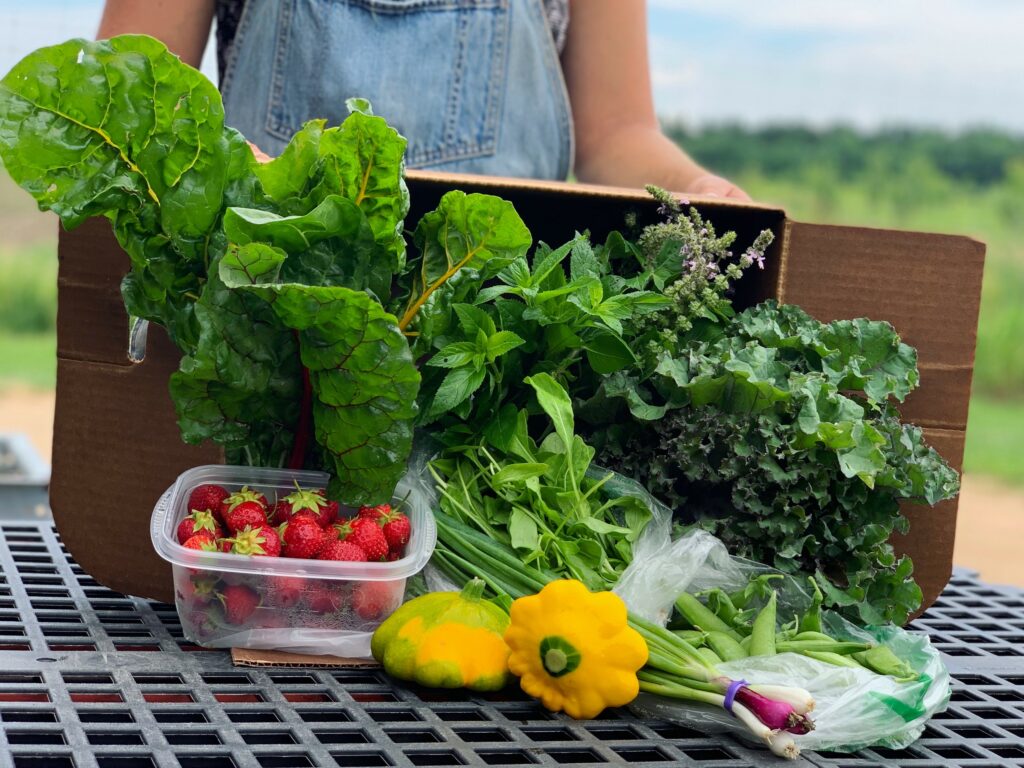
Moshky Farm’s focus is on Southern African crops because Marisa and Heather both love them – greens, especially. “I love greens, but they get a bad rap. Greens were the spice of life of how I was raised and the flavor of each green is so unique and different, and we want to try to restore that flavor profile in peoples’ worlds and understanding,” says Heather.
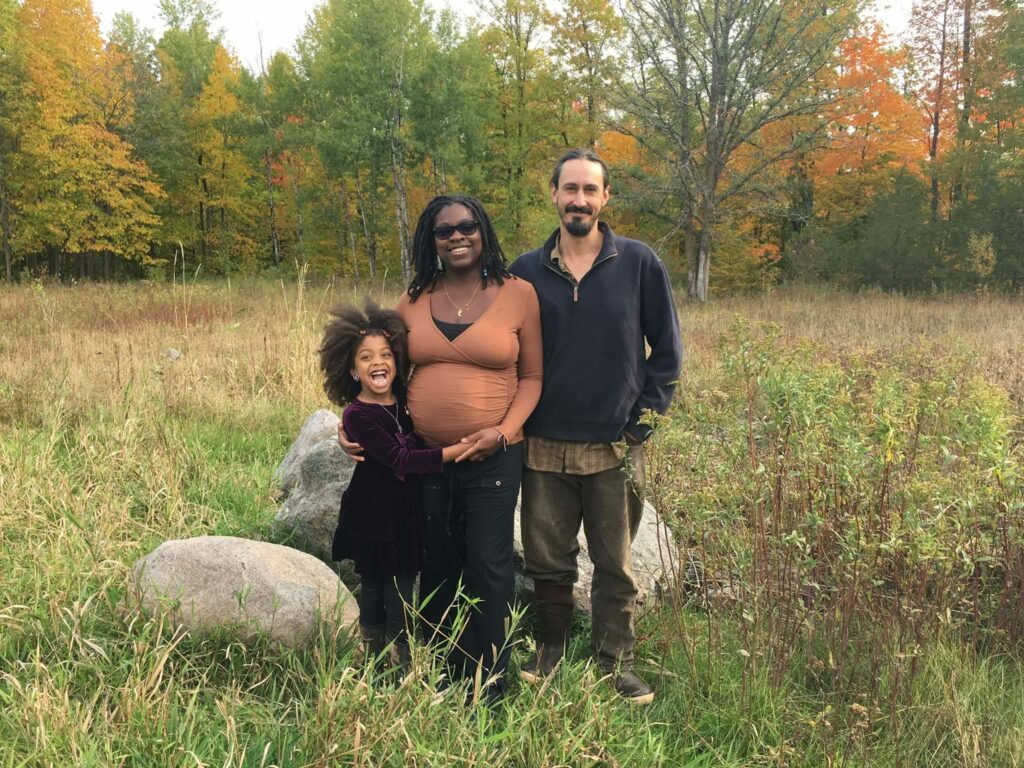
With only one official year into their farm, the two continue to seek out business models, and have been intrigued by how few farming partnerships there are. “Most small farm businesses seem to be individuals or couples who got together and started a farm, but you don’t see many partnerships based on friendship,” says Heather. As they build their farm business, they are inviting other local small businesses, such as North Lakes Farm who raise meat products, to join in their journey.
Heather and Marisa believe it takes a village to raise a whole community up, and to raise whole businesses up, so they are finding ways they can bring other businesses into what they do. “We’re not into farming because we want to get rich, but we do want to sustain ourselves and our communities,” says Marisa. Their long-term hope is to lay the groundwork of a sustainable business now, so they have something they can pass on to the next generation of farmers.
The way farmers and farming has looked is changing drastically and I hope we, along with other marginalized communities, start to fit the model of what farmers look like in the future,” says Heather. “The appeal of small organic farming is that it has been a more open and accepting space for us to be in and to feel like we have a place.”
Supporting Local Farm Businesses
To support local farmers, Moshky Farm’s advice is to not just buy local, but to get to know your local farmer and to build a relationship with them.
Pick a farm that calls to your heart and speaks to what your life message is about. When you support a BIPOC/woman-owned business you are putting not only money directly back into the community but also strength where it counts.*”
*For more on this topic, this article references the OECD which says “Women typically invest a higher proportion of their earnings in their families and communities than men” and also references the Clinton Global Initiative which says “women invest 90% of their income back into their families and communities compared with 35% for men.”
Marisa and Heather would like to acknowledge they are farming on Native Dakota land that was once stolen and seek to be a part of restoration practices that honor and bring justice to Indigenous communities.
Moshky farm is inspired by the wealth of knowledge from Booker T Whatley, the founder of the CSA model – that livelihood can come from the land and we can draw community in through food. Farming is not only an opportunity to raise and build each other up, but it is also possible to be a successful thriving enterprise.
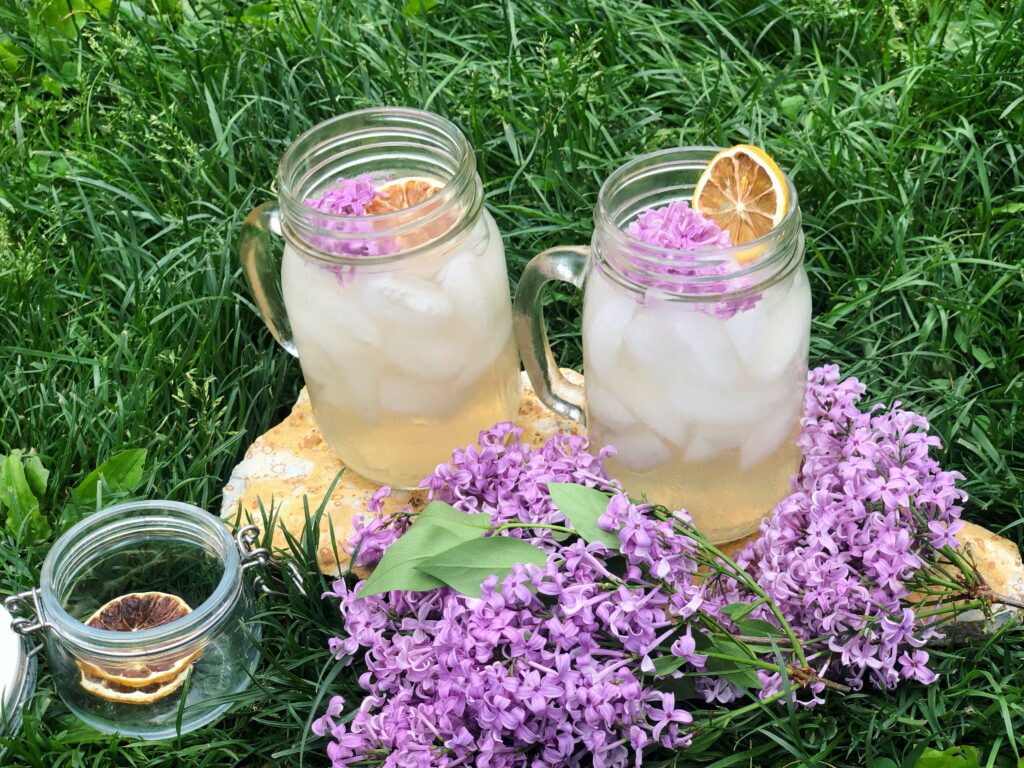
To learn more and purchase any of Moshky Farm’s shares visit www.moshkyfarm.com. They offer vegetable and cocktail shares, in addition to meat and egg shares from North Lakes Farm.
Click here If you interested in having eggs and meat products from North Lakes Farm delivered to the Twin Cities area, and to learn more about the Moshky/North Lakes Farm partnership.
North Lakes Farm also offers a variety of share options. Pick up is available near the Brainerd Lakes Area. Visit North Lakes Farm’s website to learn more and meet Garrett and Taneal Palmer.
Heather and Marisa’s farm is located at Big River Farms.
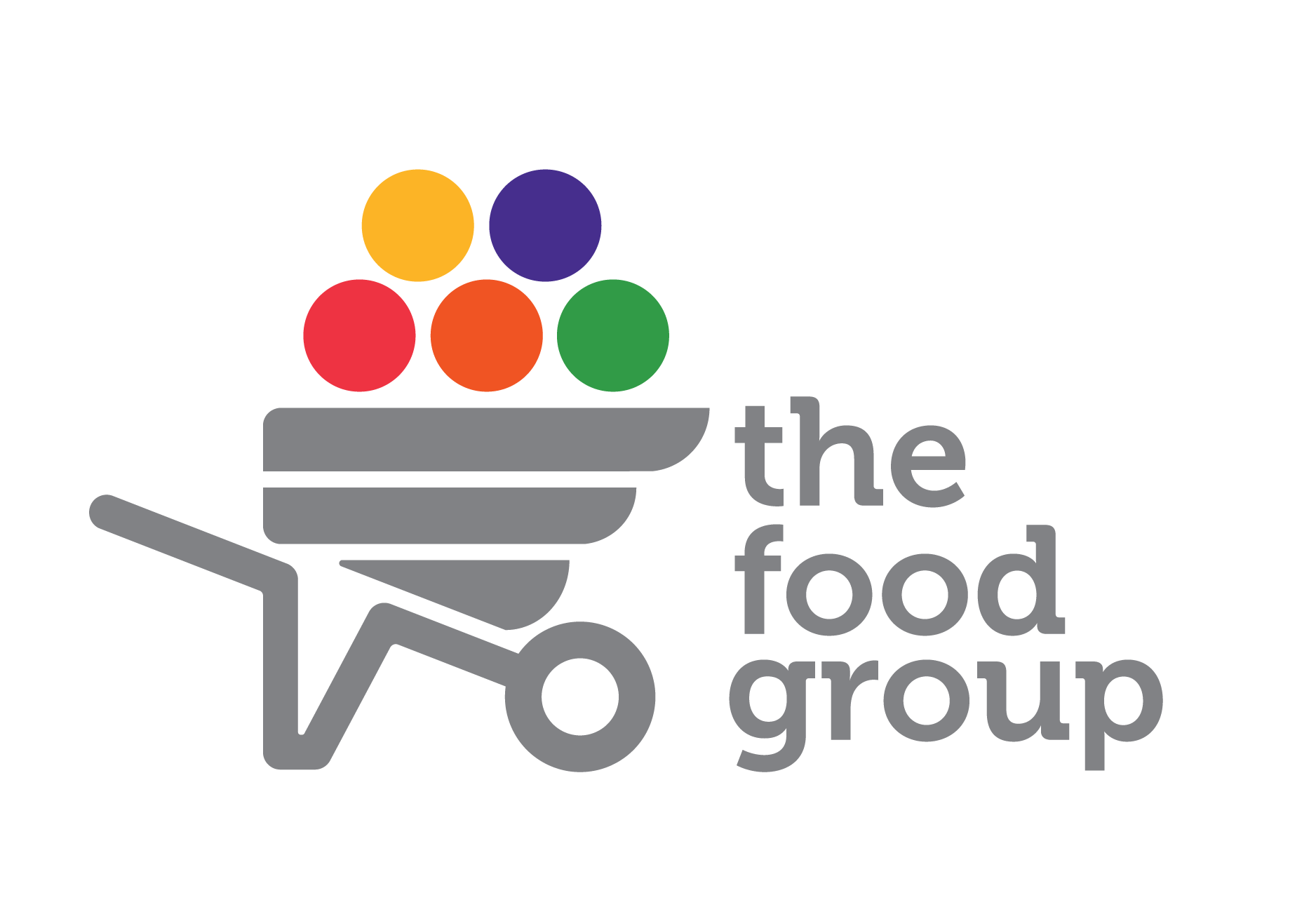


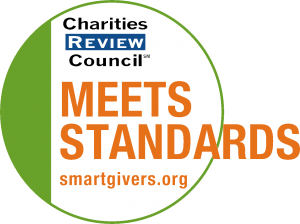
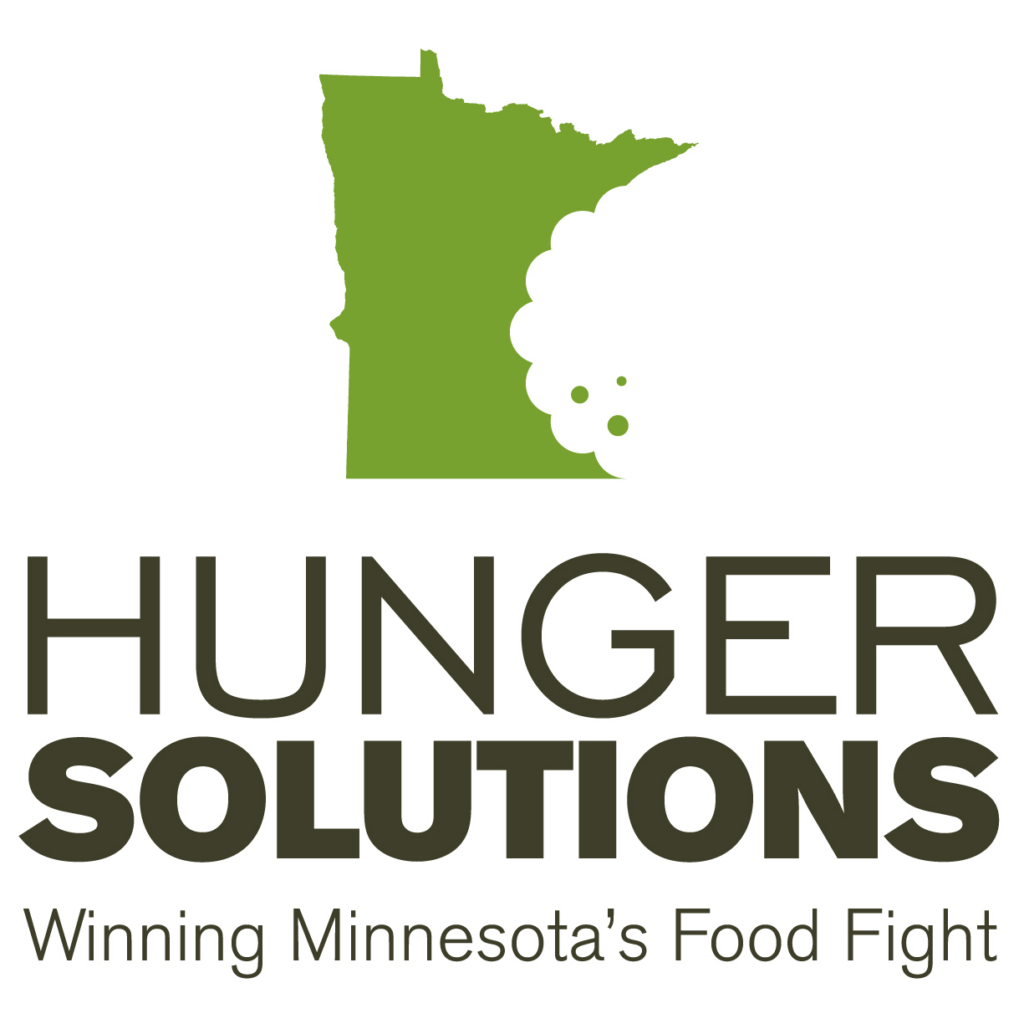
You must be logged in to post a comment.